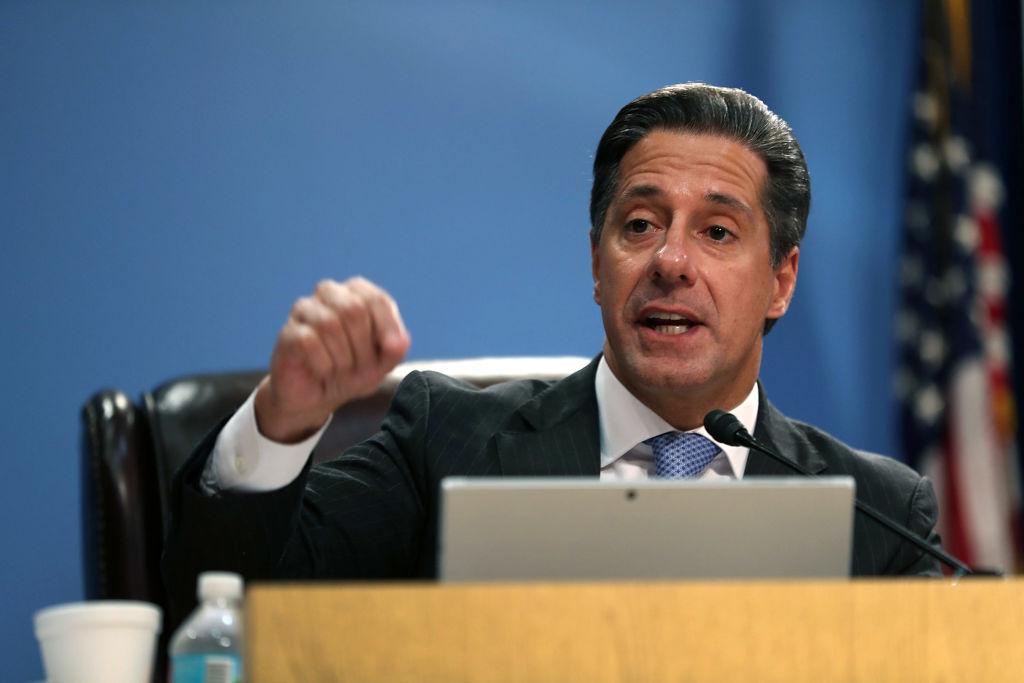LOS ANGELES—New Los Angeles Unified School District Superintendent Alberto Carvalho presented his 100-day plan to the Los Angeles City Council on April 8—saying it will include developing a five-year strategic road map that has not existed in the district for more than seven years.
“Without a strategic plan, without a north star, without a journey, how in the world do we know where we must get to and how to get there?” said Carvalho, who began his four-year LAUSD contract in February after leading the Miami-Dade County public schools since 2008.





